| Newsletter | Jan 2019 | |||||||||||||
 |
||||||||||||||
Chairman’s Message |
||||||||||||||
| The year 2018 was a very busy and successful year for the Foundation. True to our vision, we continued our contribution towards fast tracking nations in Asia and Africa towards achieving their goal of National ODF status. We were majorly involved with Cambodia, Mozambique and Eritrea for this purpose through facilitating roadmaps, organising workshops and conferences, training and capacity building and advocacy. The Foundation saw exciting new partnerships with Vita, Ireland towards developing a draft methodology for Community Led Approach to adoption of Fuel Efficient Cook Stoves and an academic collaboration with IHE Delft Institute for Water Education for developing sub-module on CLTS for their Masters programme on Sanitation.
The Foundation also participated in major global events like the World Water Week in Stockholm and the Mahatma Gandhi International Sanitation Conference in New Delhi, India where we connected with major global actors, Ministers and senior officials concerned with the national sanitation programmes of African and Asian nations. This year also marked a decade of the publication of the ‘Handbook on Community- Led Total Sanitation’ which was published by Plan UK and IDS UK in 2008. It has been translated into more than 16 languages and circulated widely. Major portion of the work for our next book titled ‘Scaling up CLTS – From Village to Nation’ was also completed this year and we are excited to announce that the book will be out soon in early 2019. |
||||||||||||||
Highlights of our Work |
||||||||||||||
CLTS Blog |
||||||||||||||
CLTS Champions |
||||||||||||||
|
||||||||||||||








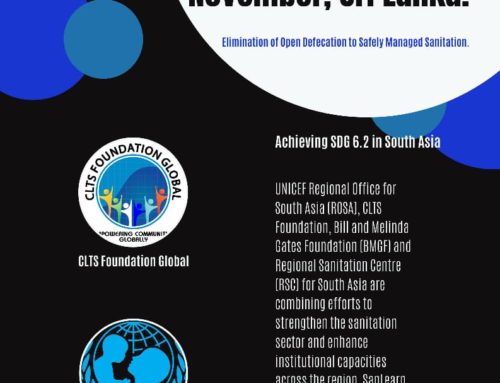
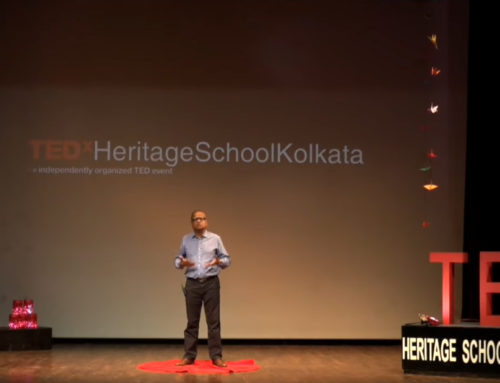
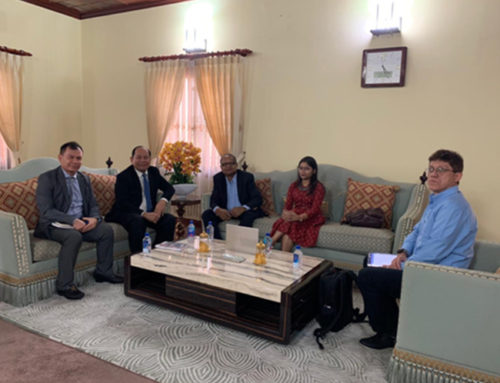
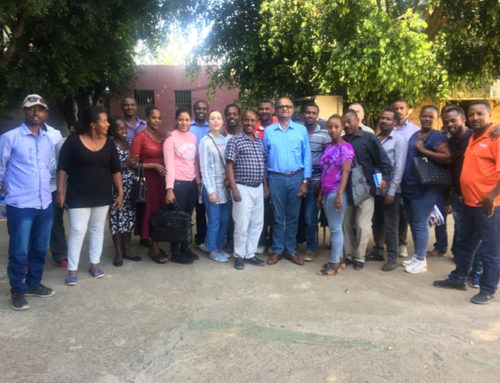
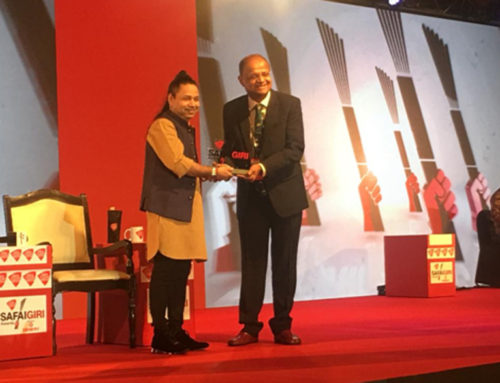
Leave A Comment